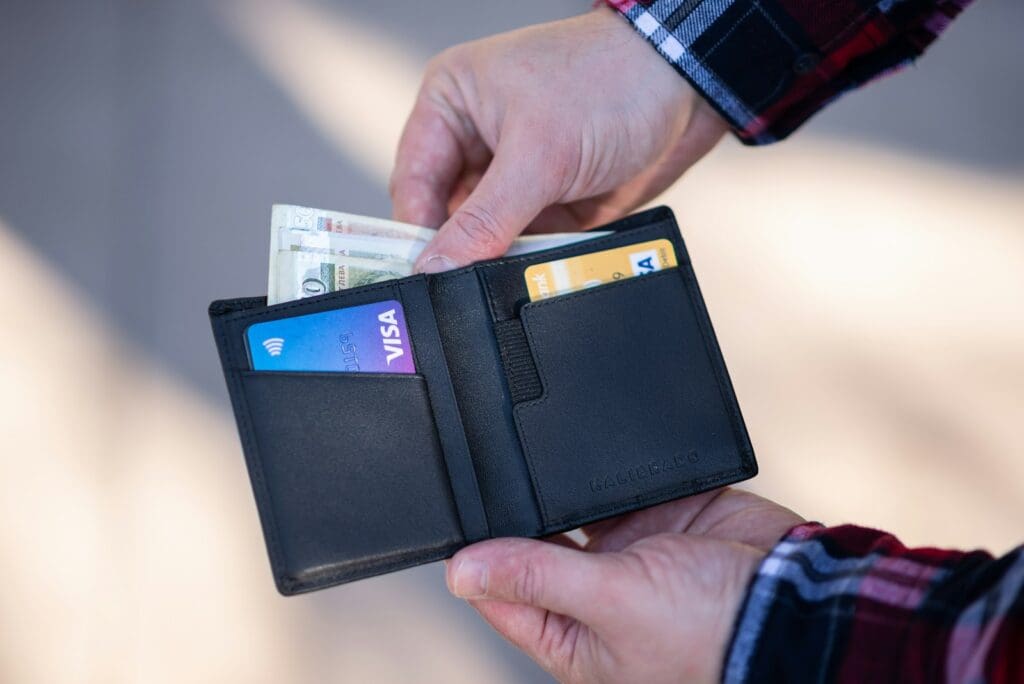Personal finance can be tricky. You need to follow sound advice if you ever want to get ahead and achieve your financial goals. However, if you believe in any of these ten money myths, they’re going to actively sabotage your finances and put you behind.
Investing Isn’t Just for Rich People

How many times have you heard about stock market performance and just rolled your eyes because it doesn’t impact you? Investing isn’t just for rich people, though. Investing in stocks can be a great way to grow your wealth and achieve your financial goals.
Making More Money Doesn’t Automatically Mean You’re Happier


Just because your paycheck goes up, that doesn’t mean you’re suddenly living on easy street. People are really good and increasing their spending to match their current income. Even if you get a nice raise at work, make sure you’re still saving and living within your means!
You Don’t Have to Earn a Lot to Save


Even if you’re not raking in the big bucks, you can still afford to save some money. Even putting back five dollars each paycheck will eventually add up! The important thing is that you choose a savings strategy that works for you consistently.
Debit Isn’t Always Better Than Credit


Credit card debt can become an albatross if you over rely on credit. However, choosing to ignore credit altogether just because some people abuse it is like refusing to drink water because some people drown. It’s a tool and you should leverage it to your advantage.
Credit Cards Aren’t the Only Solution, Though


Okay, yes, we just told you that credit cards are a useful tool. However, don’t rely on them to get you through a financial emergency, either. Borrowing a lot of money from your credit card company is a good way to end up in serious debt—those things have pretty high interest rates, all things considered. Opt for building an emergency savings account instead.
You Don’t Need to Buy a Home Right Away


Renting isn’t ideal for some people. Spending money on a place you don’t own doesn’t feel great but remember that it’s just an option. Some people prefer the flexibility of being able to pack up and move whenever they’re ready. Also, remember that owning your own home means you’re on the hook for maintenance costs!
It’s Never too Early to Think About Retirement


Whether you’re in your 20s or your 60s, it’s never a bad time to think about your retirement account. The sooner you start saving, the sooner you’re going to have your money compounding interest for you. That’s exactly what you need to retire on time!
Debt Isn’t a Dirty Word


It’s okay to take out loans sometimes. Yes, it can be stressful to owe money—especially when that money is compounding interest. However, leveraging your credit to meet your financial needs is okay! Just make sure you pay your debts back as efficiently as possible so you minimize the amount of interest you pay.
Read More: 20 Tips for Early Retirement
Don’t Just Let Someone Else Handle it


If you’re married and your spouse handles all of the finances, don’t just tune out of any discussion about money. It’s important for you to also understand how much your household makes and how you’re investing your money to achieve your financial goals.
Read More: 15 Tips for Financial Planning in Your 30s
Everyone Needs a Budget


Just because you’ve got enough money to make it through the month, pay all your bills, and still have some spending money, that doesn’t mean you don’t need a budget. Having a proper plan for your money can help you save efficiently and hit your major financial goals.
Read More: Investing Basics You SHOULD Already Know









